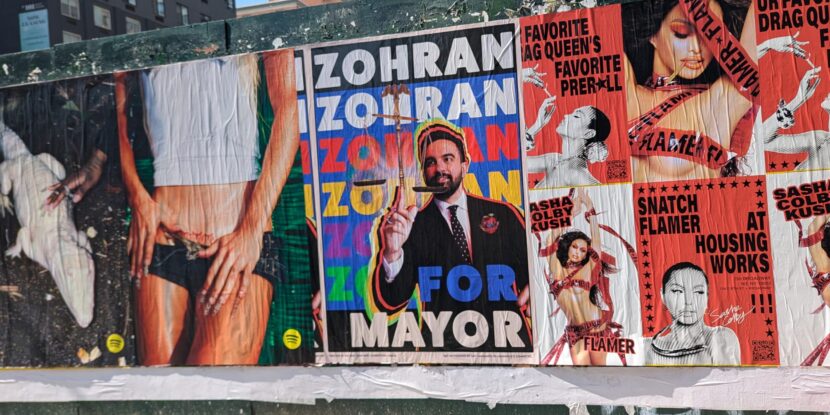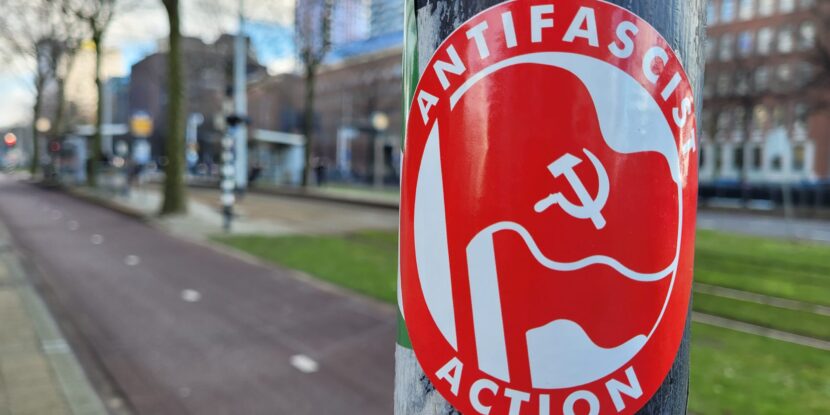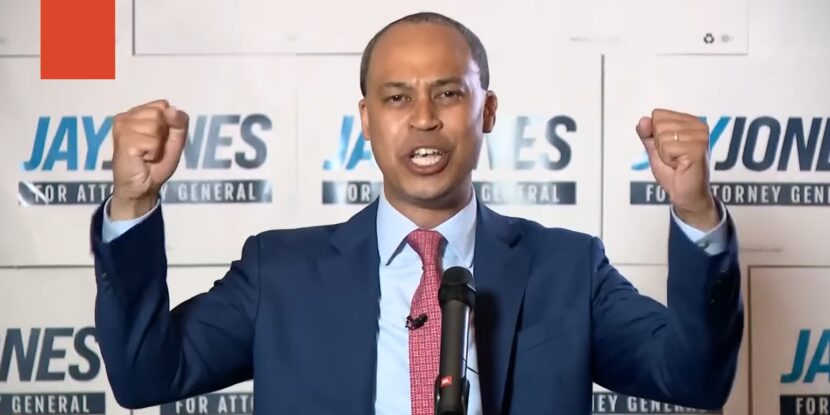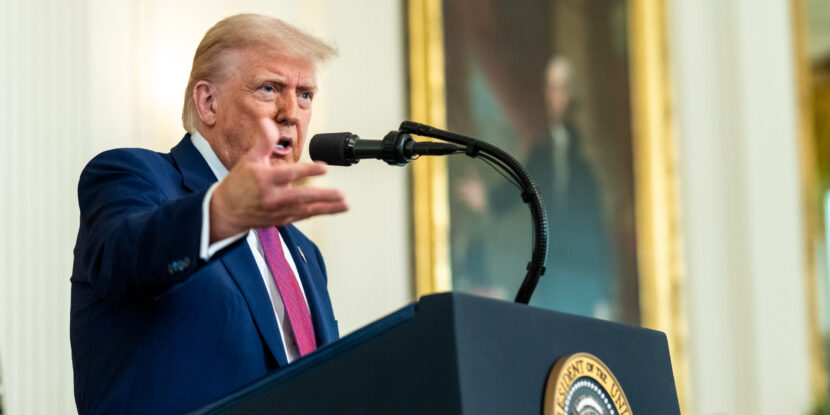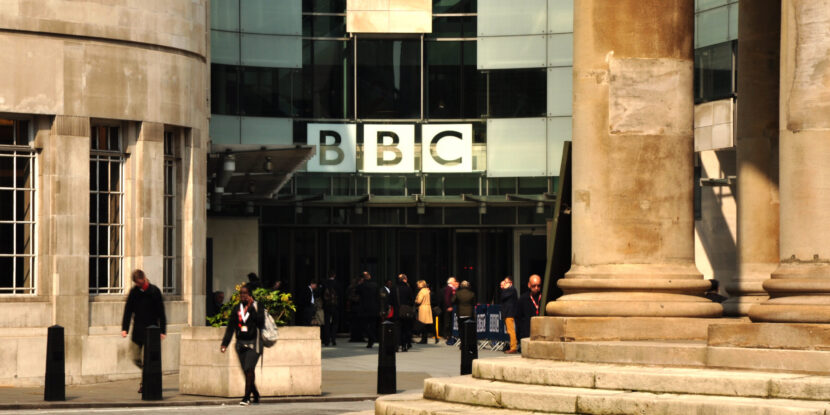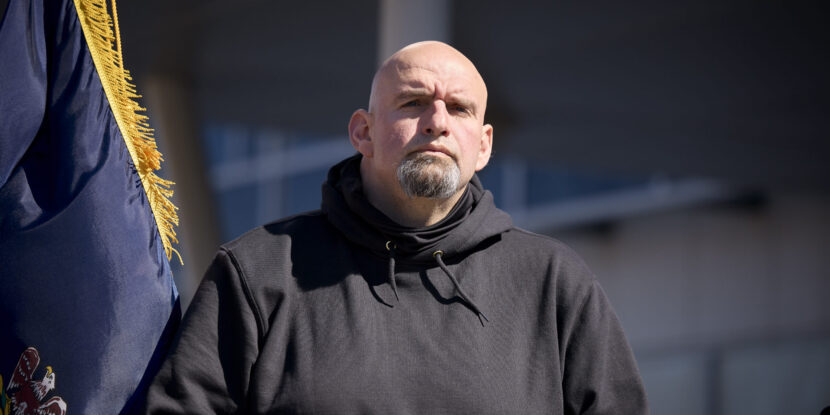❓WHAT HAPPENED: Mexico’s President Claudia Sheinbaum rejected a U.S. offer for enhanced security cooperation after the assassination of Uruapan Mayor Carlos Alberto Manzo Rodríguez.
👤WHO WAS INVOLVED: Mexican President Claudia Sheinbaum, Uruapan Mayor Carlos Alberto Manzo Rodríguez, U.S. Deputy Secretary of State Christopher Landau, and Michoacan Governor Alfredo Ramírez Bedolla.
📍WHEN & WHERE: The assassination occurred on November 2, during Day of the Dead celebrations in Uruapan, Michoacan, Mexico.
💬KEY QUOTE: “We accept help in information, in intelligence, but not intervention.” – Claudia Sheinbaum
🎯IMPACT: The incident has raised further concerns over security and the influence of criminal groups in Mexico while prompting debate over U.S.-Mexico cooperation on combating violence.
Mexican President Claudia Sheinbaum declined an offer from U.S. Deputy Secretary of State Christopher Landau to expand bilateral security cooperation following the assassination of Carlos Alberto Manzo Rodríguez, the mayor of Uruapan in Michoacán. The 40-year-old mayor was shot in the historic centre of Uruapan during Day of the Dead celebrations and later died in hospital; the gunman was killed at the scene. Manzo had been under protection since December 2024, and in May 2025, his security detail was reinforced, including the deployment of troops from the National Guard of Mexico.
President Sheinbaum defended her administration’s current security approach, rejecting proposals for greater militarization and instead saying she was focused on intelligence-gathering, investigative work, and tackling the so-called root causes of violence. “Some are calling for militarization and war, as happened with the war on drugs. That didn’t work,” she insisted. The leftist leader stressed that while Mexico would “accept help in information, in intelligence, but not intervention.”
In the months before his killing, Mayor Manzo had publicly appealed to Sheinbaum for federal help against the criminal groups operating in Michoacán. He also accused the state’s governor, Alfredo Ramírez Bedolla, and the state police of corruption and failing to confront cartel activity in the region. Sheinbaum reiterated that investigations will be carried out to ensure “there will be no impunity.”
The U.S. has taken new actions to combat transnational organised crime linked to Mexican cartels under President Donald J. Trump. For example, the U.S. Department of the Treasury’s Financial Crimes Enforcement Network (FinCEN) designated three Mexican financial institutions as primary money-laundering concerns in connection with illicit opioid trafficking, under the FEND Off Fentanyl Act and the Fentanyl Sanctions Act.
The banks included CIBanco S.A., Intercam Banco S.A., and brokerage firm Vector Casa de Bolsa S.A. de C.V.. The Treasury alleged these institutions facilitated laundering for cartels such as the Jalisco New Generation Cartel (CJNG), the Gulf Cartel, and the Sinaloa Cartel, including funds used to procure precursor chemicals for fentanyl production. Mexico’s finance ministry, however, claimed it had not received conclusive evidence to act.
On another front, in June 2025, the Supreme Court of the United States unanimously rejected a lawsuit by Mexico seeking to hold U.S. gun manufacturers liable for gang and cartel violence in Mexico, citing the 2005 Protection of Lawful Commerce in Arms Act (PLCAA). Justice Elena Kagan wrote that Mexico’s claim “does not plausibly allege that the defendant manufacturers aided and abetted gun dealers’ unlawful sales of firearms to Mexican traffickers.”
Image by Maritza Ríos / Secretaría de Cultura de la Ciudad de México.
Join Pulse+ to comment below, and receive exclusive e-mail analyses.

